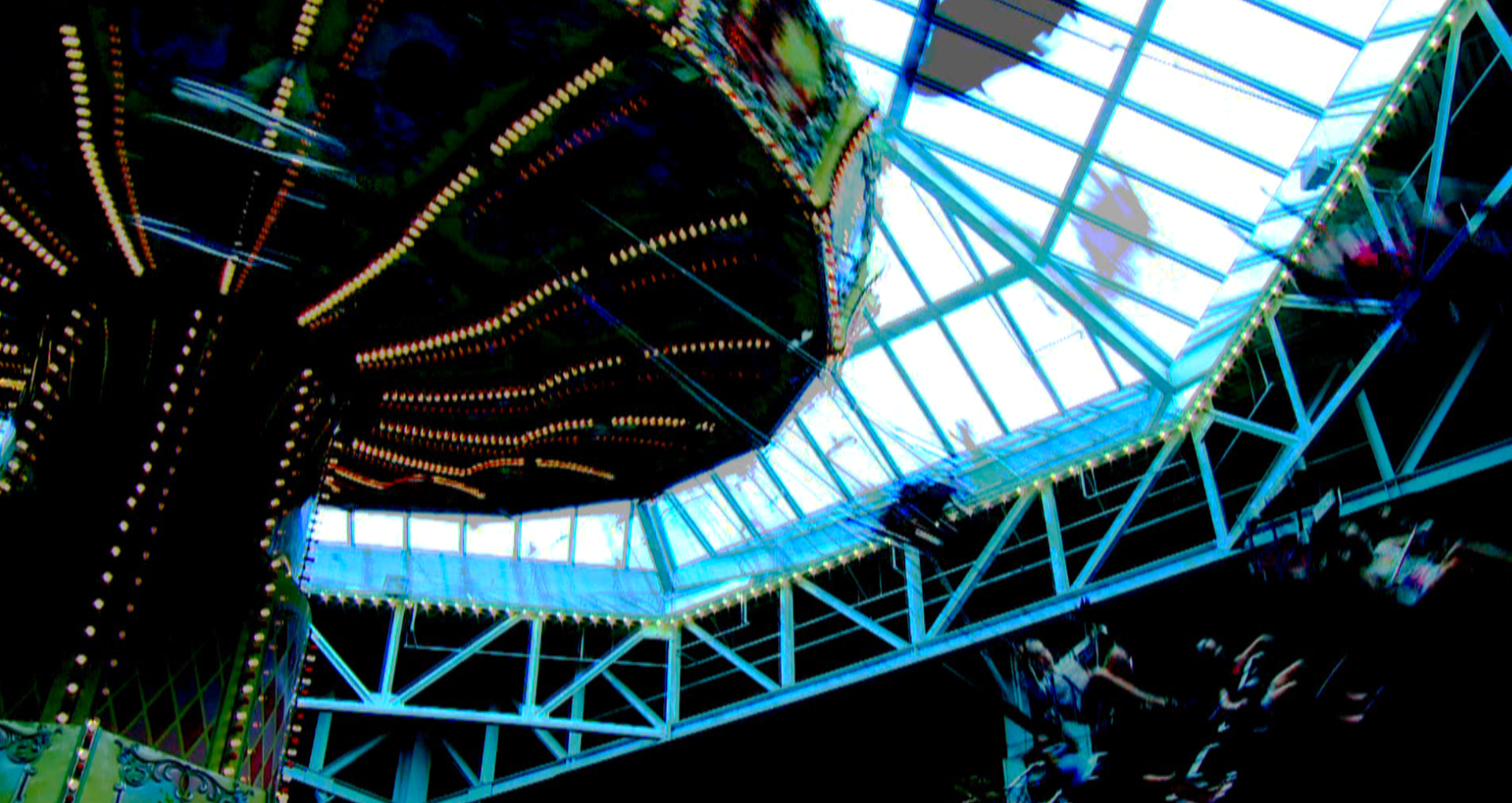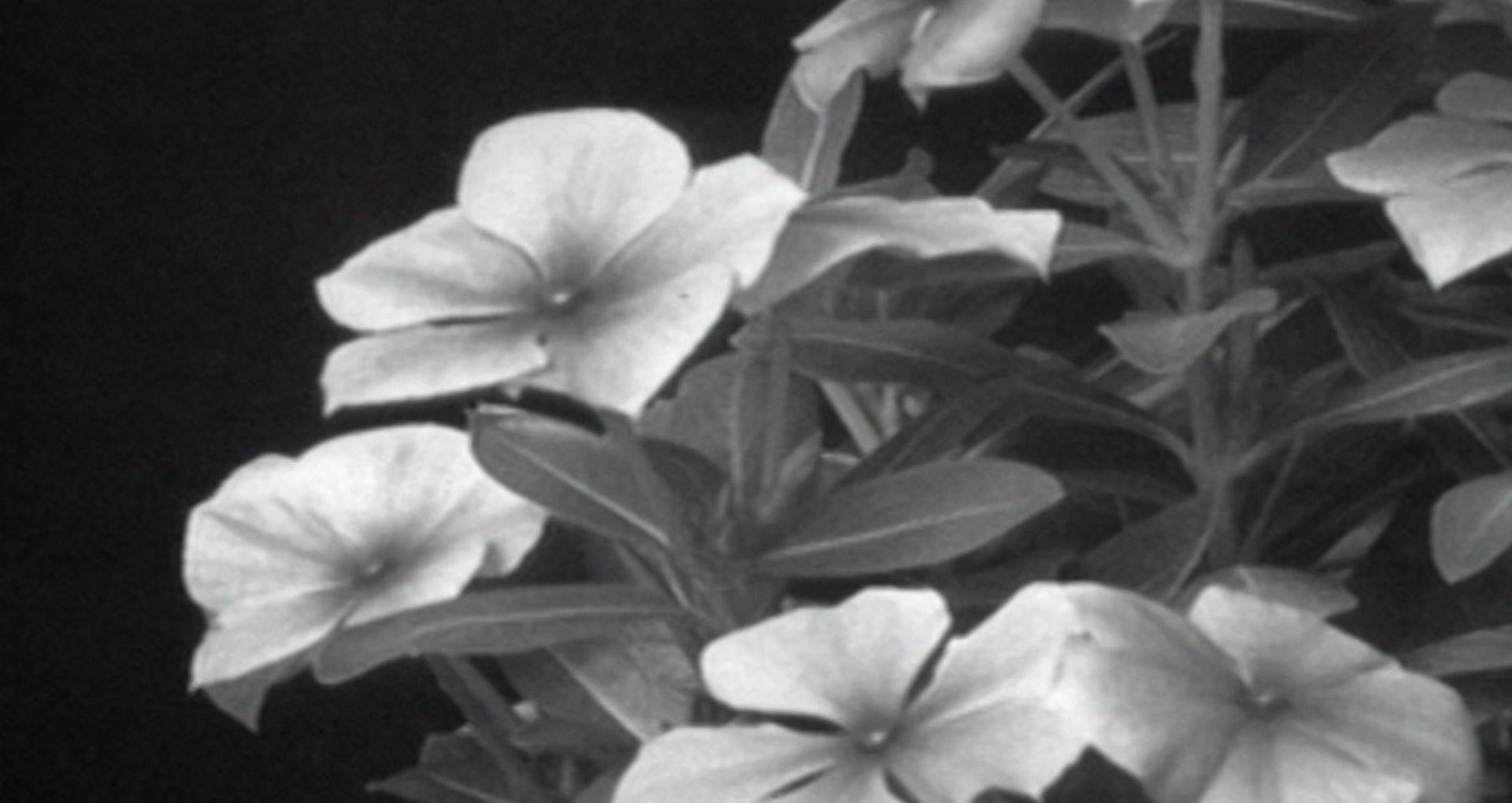
Introduction to creating a web TV channel and documentary web series
Workshop
185$
Course led in French by Simon Paradis
The course, ‘Introduction to creating a web TV channel and documentary web series’ will introduce participants to the world of quality and original documentary web TV. They will learn about different funding streams and distributors of French audio-visual material in Quebec, will be taught how to disseminate and promote audio-visual content on the web, and will become equipped to deal with challenges that can crop up in weekly homemade web production.
The course will alternate between theory and practice-based components so that participants can put what they have learned into practice. The practical components will give participants the opportunity, over five sessions, to create a basic functioning and independent web TV channel.
The Course
Theory-based component (24 hours)
The course will provide all technical information necessary to create a documentary web TV channel and web series. It will introduce the philosophy of information technology and the web, and give examples of international cultural web TV platforms and web documentaries. Next, a chosen subject of interest and artistic direction will be discussed, followed by the pre-production of a web series and financial strategies. Finally, different strategies of dissemination and promotion will be presented and the difficulties associated with breaking though the ambient noise of the web will be addressed.
Participants will draw up a development plan for a web TV channel, a budget for a three-part web series, and a promotional plan.
Practice-based component (10 hours)
Alone or in pairs, participants will create two three-minute episodes in documentary, magazine, or essay form on an arts-related subject. They will have ten hour-long sessions to complete all stages of production: subject choice, coordination, visuals and graphics, choice of equipment, location scouting, filming, editing, and marketing.
The instructor will integrate the videos into a single web documentary using Klynt, an interactive storytelling software. Developed by Parisian documentary-makers to make their works available on the web, Klynt is effective and simple to use and is the software of choice for numerous local and international television stations for creating interactive web sites. A brief overview of Klynt functions will be given.
Participants will have access to Vidéograph’s filming equipment and editing suites free of charge.
Prerequisites
Applicants should have sufficient knowledge to enable them to operate a camera and sound recording equipment independently and have basic knowledge about the web and video editing software.
Conditions of Admission
This course is intended for artists or those working or seeking work in the field of media arts. Applicants should reside on the island of Montréal and be available throughout the duration of the course, which is partly funded by Emploi-Québec.
Enrolment
Please contact info@videographe.org to register your interest and reserve a place.
Where: Vidéographe, 4550 Garnier Street, Montreal, QC H2J 3S7
When: Saturdays 11, 18, 25 February, 11 & 18 March 2017, 10am to 6 pm
Public transport: Metro – Mont-Royal; Bus – lines 27, 45 and 97
Price: $185 + tax
For further information or to reserve a place, please contact
Olivia Lagacé
(514) 521-2116 (ext 221)
info@videographe.org
Simon Paradis
Simon Paradis has been producer and director of airelibre.tv, a web TV channel dedicated to literature and the arts, since 2012. He makes literary shows Rature et lit (airelibre.tv, Bell Fibe, TV1 and Canal Savoir) and Between the Pages (airelibre.tv and Bell Fibe TV1 ). He also makes A View From the Porch, a show about architecture and Montréal life styles. He is currently developing a Booktube concept and a web documentary, 5-10-15 : booktube familial, which will be targeted at parents and promote children’s reading. He manages the non-profit organization Diffusion aire libre and is an active member of Vidéographe.







